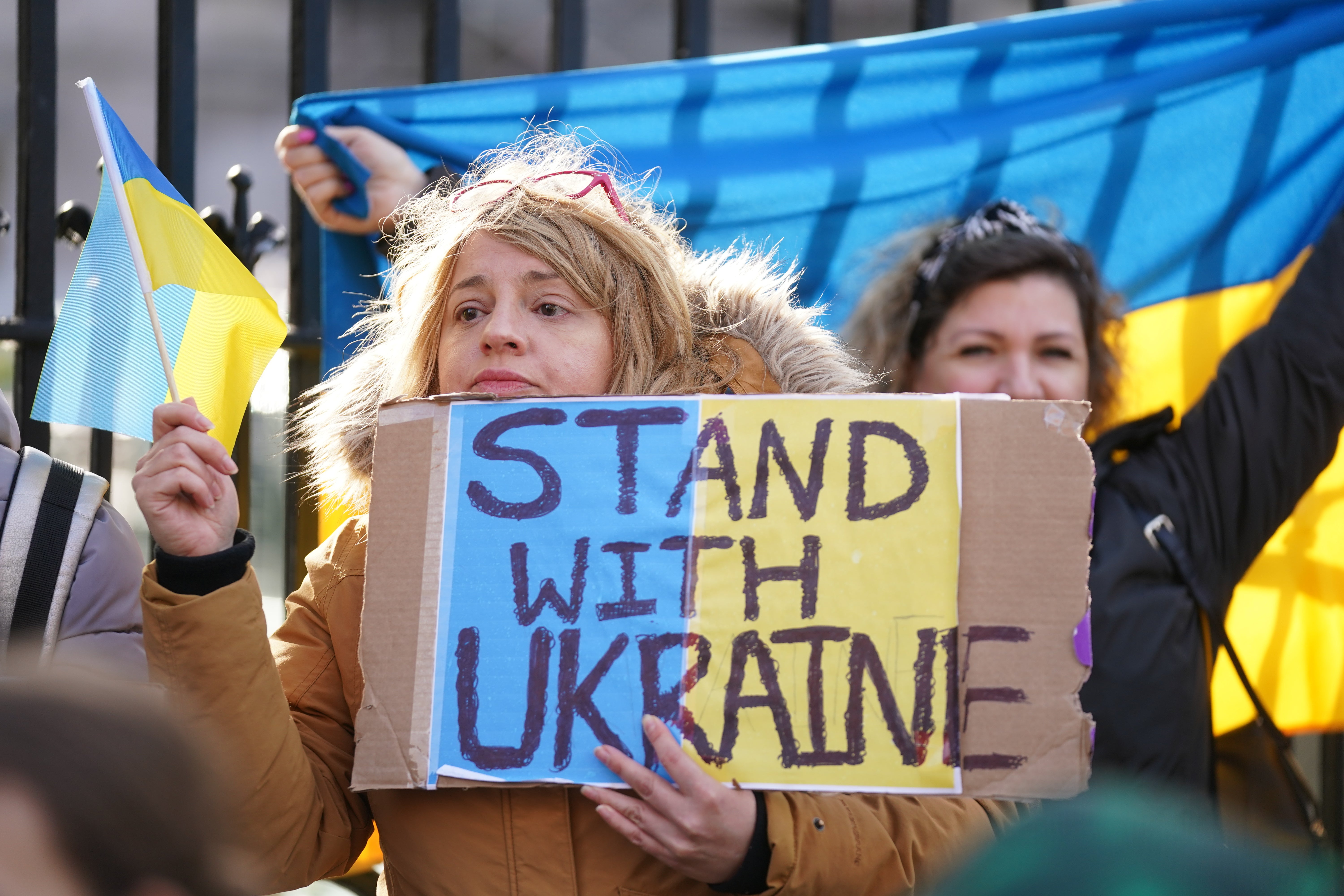Plan for 500 modular homes to help house Ukrainian refugees arriving in Ireland
The pilot programme will cost 100 million euro.

Your support helps us to tell the story
From reproductive rights to climate change to Big Tech, The Independent is on the ground when the story is developing. Whether it's investigating the financials of Elon Musk's pro-Trump PAC or producing our latest documentary, 'The A Word', which shines a light on the American women fighting for reproductive rights, we know how important it is to parse out the facts from the messaging.
At such a critical moment in US history, we need reporters on the ground. Your donation allows us to keep sending journalists to speak to both sides of the story.
The Independent is trusted by Americans across the entire political spectrum. And unlike many other quality news outlets, we choose not to lock Americans out of our reporting and analysis with paywalls. We believe quality journalism should be available to everyone, paid for by those who can afford it.
Your support makes all the difference.Five hundred modular homes are to be installed in around 20 sites across Ireland to help efforts to house Ukrainian refugees.
The two-bedroom units provided under a 100 million euro Government pilot initiative will be able to accommodate 2,000 people.
It is expected that the first of the units will be in place by November.
Tens of thousands of Ukrainians have arrived in Ireland since the outbreak of war in their homeland in February.
The Department of Housing, Local Government and Heritage is working on identifying the sites for the homes. The units will all be sited on public land in urban areas. It is anticipated each site will house between 20 to 60 units.
The roll-out of the programme will be managed by the Department of Children, Equality, Disability, Integration and Youth (DCEDIY) and the Office of Public Works. They will be involved in site preparation and the acquisition and installation of the modular units.
Installation work on the 500 homes is due to be completed by next year – a timeframe described as “ambitious, but achievable” by the Government.
Under the plan, Housing Minister Darragh O’Brien will provide required planning exemptions to enable the OPW and its agents to access relevant sites immediately. The DCEDIY will then take responsibility for ownership of the modular units and their future use.
Children’s Minister Roderic O’Gorman said the move was an “emergency” response to the refugee crisis.
He said a significant number of Ukrainian refugees were currently housed in student accommodation and he said that would have to be freed up ahead of the start of the new academic year in September.
He added that many refugees are being moved into accommodation pledged by members of the public over the summer.
“We saw today further attacks on civilian areas in Ukraine, we have to recognise that there will continue to be families who make the decision, the incredibly understandable decision, that they are safer outside of the country,” he said.
“So, it’s likely that Ireland and other EU member states will continue to see Ukrainians arriving seeking shelter and seeking safety and Ireland will continue to make all efforts to meet those needs, though recognising that with the pressures that sometimes the standard accommodation we provide is going to be lower than perhaps we provided at the start of the crisis.”